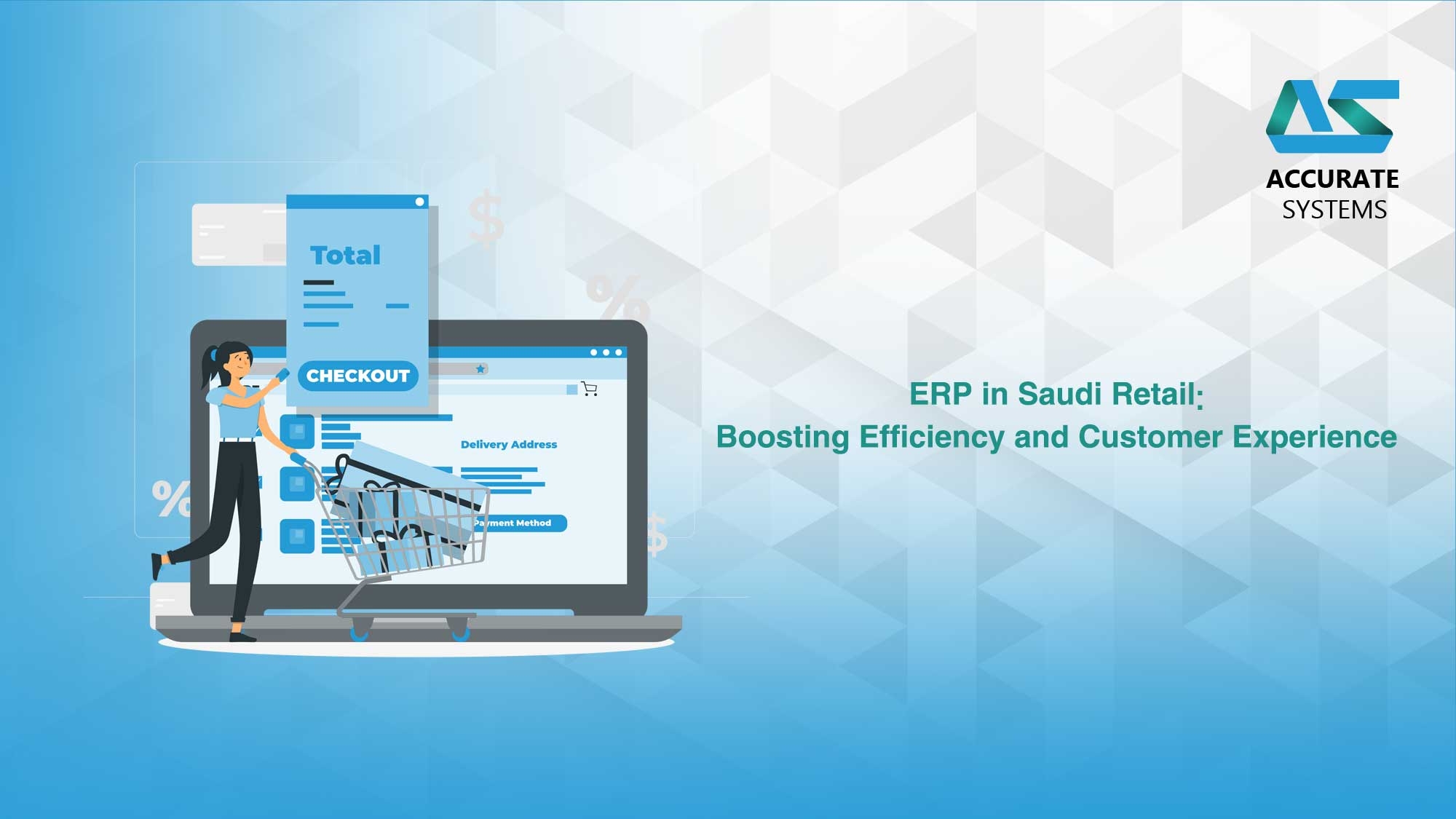Introduction
Saudi Arabia’s retail sector is rapidly evolving, driven by rising competition, changing consumer preferences, and advancements in technology. To stay competitive, retailers are increasingly adopting Enterprise Resource Planning (ERP) systems. These systems help enhance operational efficiency, optimize processes, and improve customer experience.
Key Benefits of ERP in Saudi Retail
1. Improved Inventory Management
ERP systems provide real-time visibility into inventory, reducing stockouts and overstocking. With better stock control, retailers ensure the right products are available, cutting costs and boosting customer satisfaction.
2. Enhanced Supply Chain Management
ERP systems streamline the supply chain from procurement to distribution. This helps retailers optimize their networks, cut costs, and ensure products reach stores and customers on time.
3. Superior Customer Service
With ERP systems integrated into point-of-sale (POS) platforms, retailers access a unified customer view. This enables personalized recommendations, improves service quality, and increases customer loyalty.
4. Data-Driven Decision Making
ERP systems generate critical insights into sales trends, customer behaviors, and product performance. Retailers can use this data to fine-tune pricing, promotions, and product assortments.
5. Streamlined Operations
ERP systems automate manual tasks like order processing and invoicing, allowing employees to focus on strategic activities. This reduces operational costs and boosts efficiency.
Challenges and Solutions
1. Cultural and Linguistic Barriers
Implementing ERP in Saudi Arabia may face cultural and language challenges. Localized ERP software and comprehensive training address these barriers, ensuring smooth adoption.
2. Data Security and Privacy
Protecting customer data is paramount. ERP systems comply with strict data regulations and incorporate advanced security measures to safeguard sensitive information.
3. System Integration
Retailers often need to integrate ERP systems with existing POS platforms, loyalty programs, and e-commerce tools. Seamless integration is crucial to delivering a unified customer experience.
Government Support for ERP Adoption
Saudi Arabia’s government encourages ERP adoption in retail through:
- Tax incentives: Businesses investing in ERP systems can enjoy tax benefits.
- Financial assistance: Grants, loans, and subsidies are available to ease ERP implementation costs.
- Training programs: Government initiatives focus on training and building the necessary ERP skills for businesses.
Future Trends in Saudi Retail ERP
1. Omnichannel Retail
ERP systems support omnichannel strategies, offering seamless customer experiences across physical stores, e-commerce sites, and mobile apps.
2. Artificial Intelligence (AI)
AI integration with ERP enhances decision-making, improves customer service, and optimizes inventory management for retailers.
3. Internet of Things (IoT)
IoT devices collect real-time data on customer behavior and inventory, allowing ERP systems to provide actionable insights for better retail management.
Conclusion
ERP systems are transforming Saudi Arabia’s retail industry by improving efficiency, customer experience, and decision-making. By addressing challenges and embracing emerging technologies like AI and IoT, retailers can maximize ERP benefits and stay competitive in the evolving market.
Optimize your retail operations with ERP – the future of Saudi retail is here!


